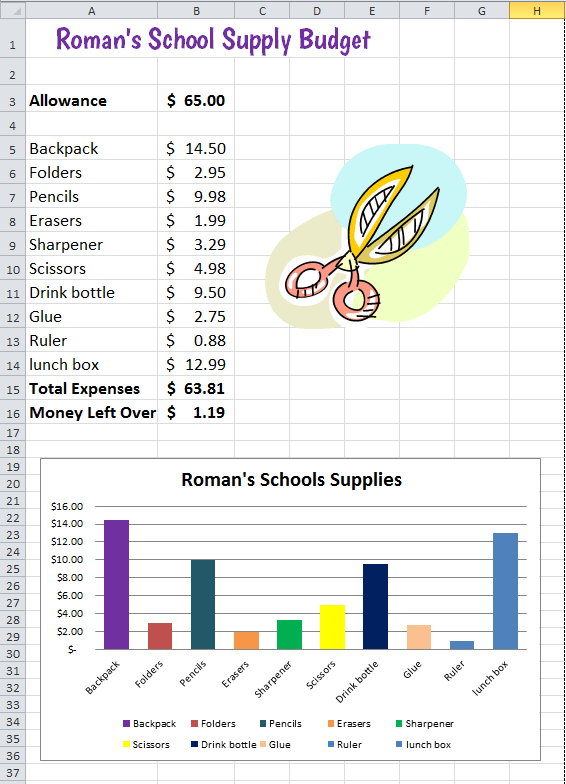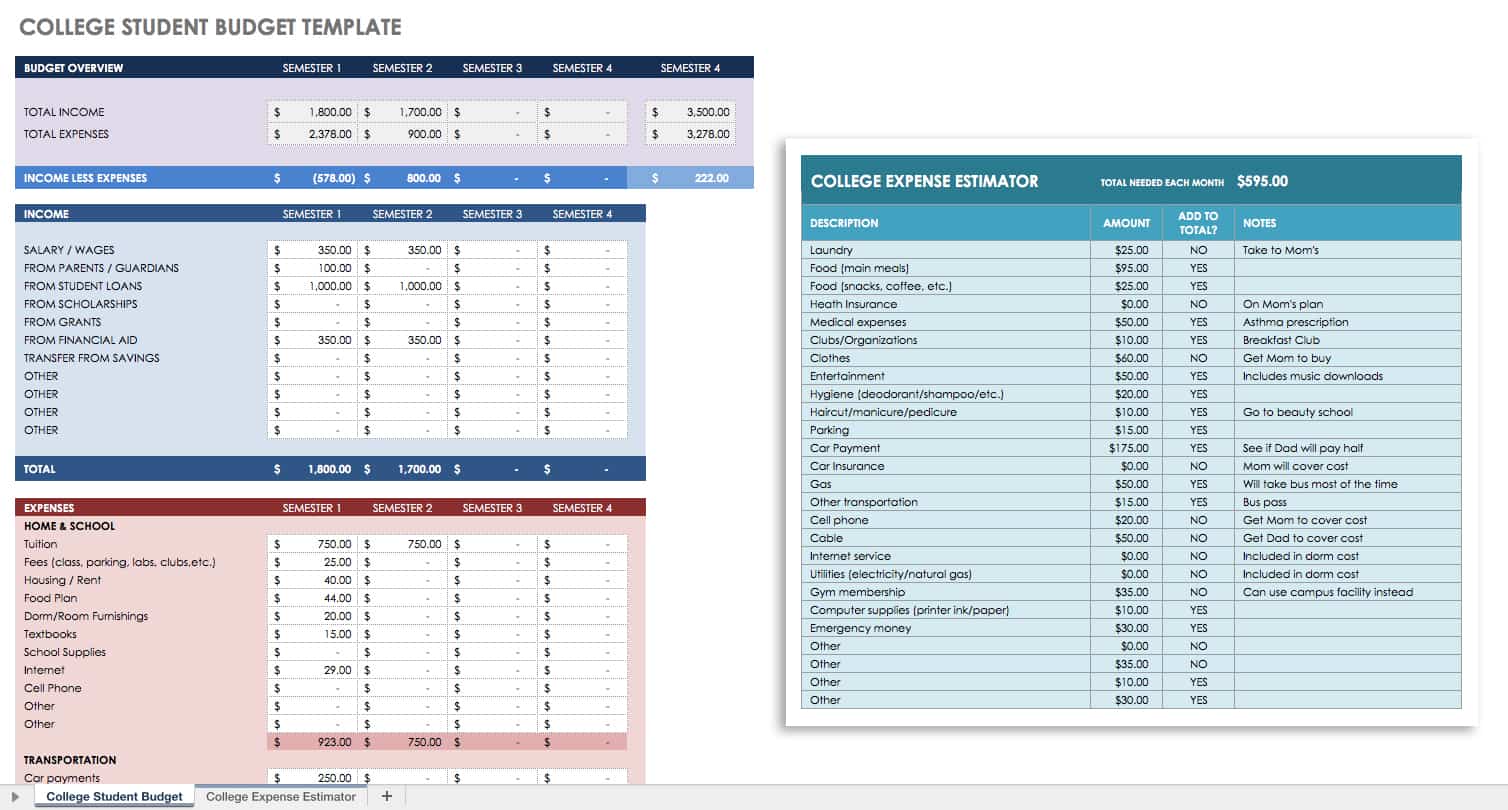

The Wisconsin Department of Public Instruction has put together a fantastic list of even more questions to ask yourself during the budgeting process, including areas like instruction, learning, and assessment technology and hardware leadership professional learning and data and privacy. While this is not a fully comprehensive list, it should be enough to get you thinking.

Providing a space for everyone’s voice to be heard can help to create an environment that feels welcoming and inclusive to all. Collaboration in the initial planning stages can make all stakeholders feel like they’re a part of one team with a common goal.

Work together to create a mission statement for the upcoming year with feedback from all stakeholders. In order to create a successful budget for your school, you’ll need to work on building a partnership between your instructional leaders and financial personnel. Develop a partnership between financial and instructional leaders To help you get started, here are three things to keep in mind when working on next year’s budget. It’s important to remember that a proper budget sets the foundation for everything you and your staff do over the course of the new school year to provide the best learning experience for your students. Just like with setting up any kind of budget, planning and calculating where you’ll allocate precious resources to best serve your school community can be a complicated and time-consuming process with a lot of pieces to juggle. A critical part of any school or district’s plan for the upcoming academic year is the budget. As the end of the school year quickly approaches, it’s never too early to begin planning for next year.


 0 kommentar(er)
0 kommentar(er)
